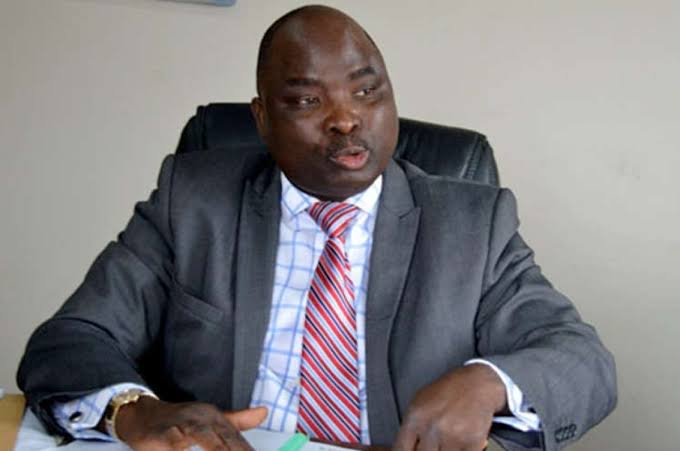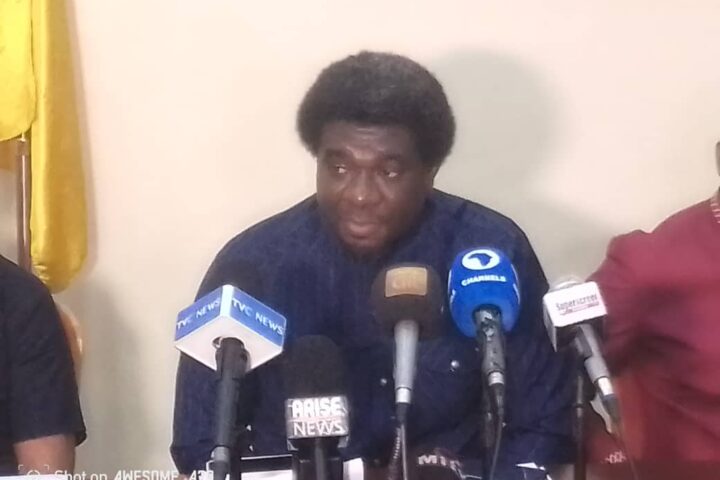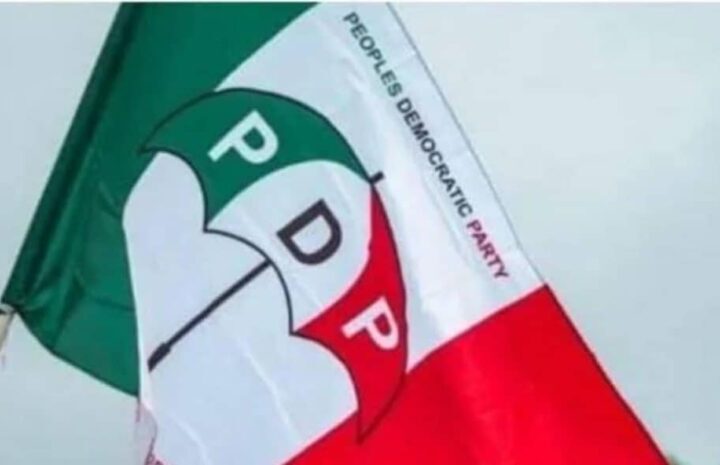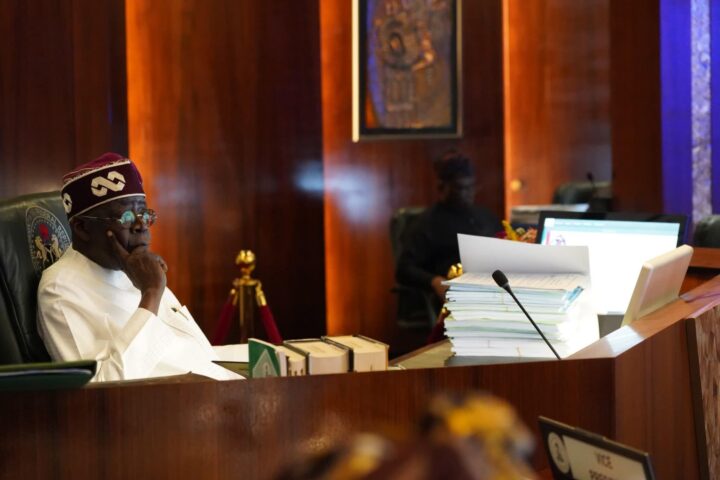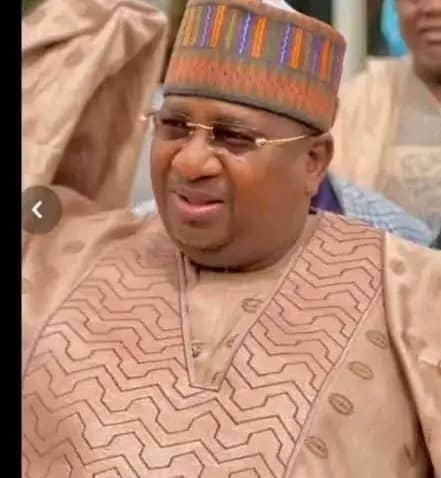The Association of Nigerian Electricity Distributors (ANED) has cautioned the Enugu State Government over its recent electricity tariff slash in the state.
Barrister Sunday Oduntan, MD/CEO of the Association of Nigerian Electricity Distributors (ANED),who expressed this in a statement on Thursday,maintained that hasty and uncoordinated pricing decisions risk destabilizing the entire Nigerian Electricity Supply Industry (NESI).
He lamented that Electricity Distribution Companies (Discos) in other states now face mounting pressure from customers and advocacy groups to implement similar tariff reductions, adding that some consumers have reportedly threatened to stop paying their bills unless rates in their own states are lowered.
The Enugu State Electricity Regulatory Commission (EERC),had recently reduced rates for Band A customers to ₦160 per kilowatt-hour.
But,Oduntan said the state government took the action without adequate coordination with the Nigerian Electricity Regulatory Commission (NERC) and other market participants.
According to him,while electricity distributors desire that electricity tariffs at some point should begin to drop,the prevailing tariffs reflect harsh economic realities and cost structures dictated by the nation’s energy sector.
He said that Enugu’s reduction relies heavily on anticipated subsidies from the Federal Government—a policy position that could prove precarious.
He also said while Discos are not opposed to subsidies in principle, the firms emphasize that subsidies must be transparently structured and promptly funded.
To him, delayed or unfunded subsidies create cashflow disruptions, undermine market confidence, and deepen the existing liquidity crisis across the electricity value chain.”
According to the statement, ongoing delays in subsidy payments have left power generation companies and gas suppliers grappling with an outstanding debt running into trillions of naira.
He added:”Currently, Nigeria’s power market remains highly centralized, particularly in areas of bulk energy purchase, transmission, and settlements involving Generation Companies (GenCos) and the Nigerian Bulk Electricity Trading Company (NBET).
“While recent legal reforms now allow states to create their own electricity markets, ANED warns that “any State level policy action such as uncoordinated tariff reductions that does not align with market-wide cost-recovery mechanisms will inevitably result in shortfalls… thereby putting GenCos and other upstream service providers at further financial risk.”
He also said that both federal and state budgets are already strained, stressing that most states cannot afford to make direct budgetary provisions for subsidies especially in the face of rising governance costs and the harsh operating environment.
To ensure sustainable investment and continuous service improvement, he outlined several urgent recommendations to ensure sustainable investment and continuous service improvement, including enhanced collaboration between the Ministry of Power, state regulators, and NERC to deliver consistent, market-driven policy and rate design, establishing a clear subsidy framework that is fully funded and timely in its disbursements to maintain market liquidity, and safeguarding market health to encourage long-term investment and reliable electricity for all consumers.


